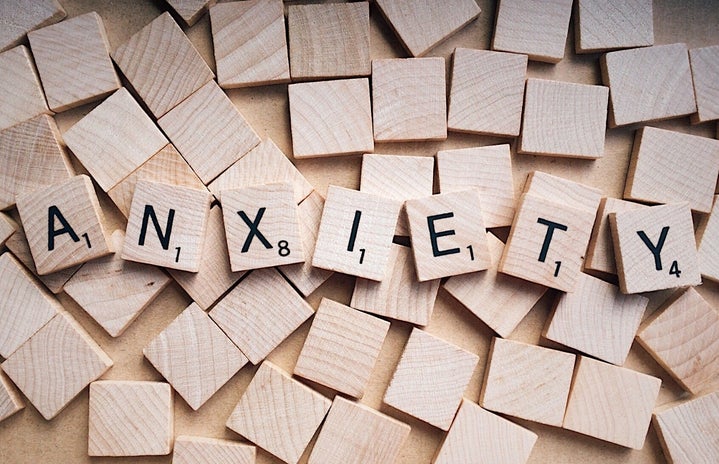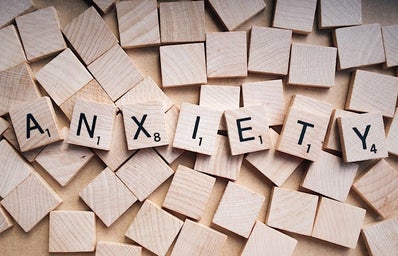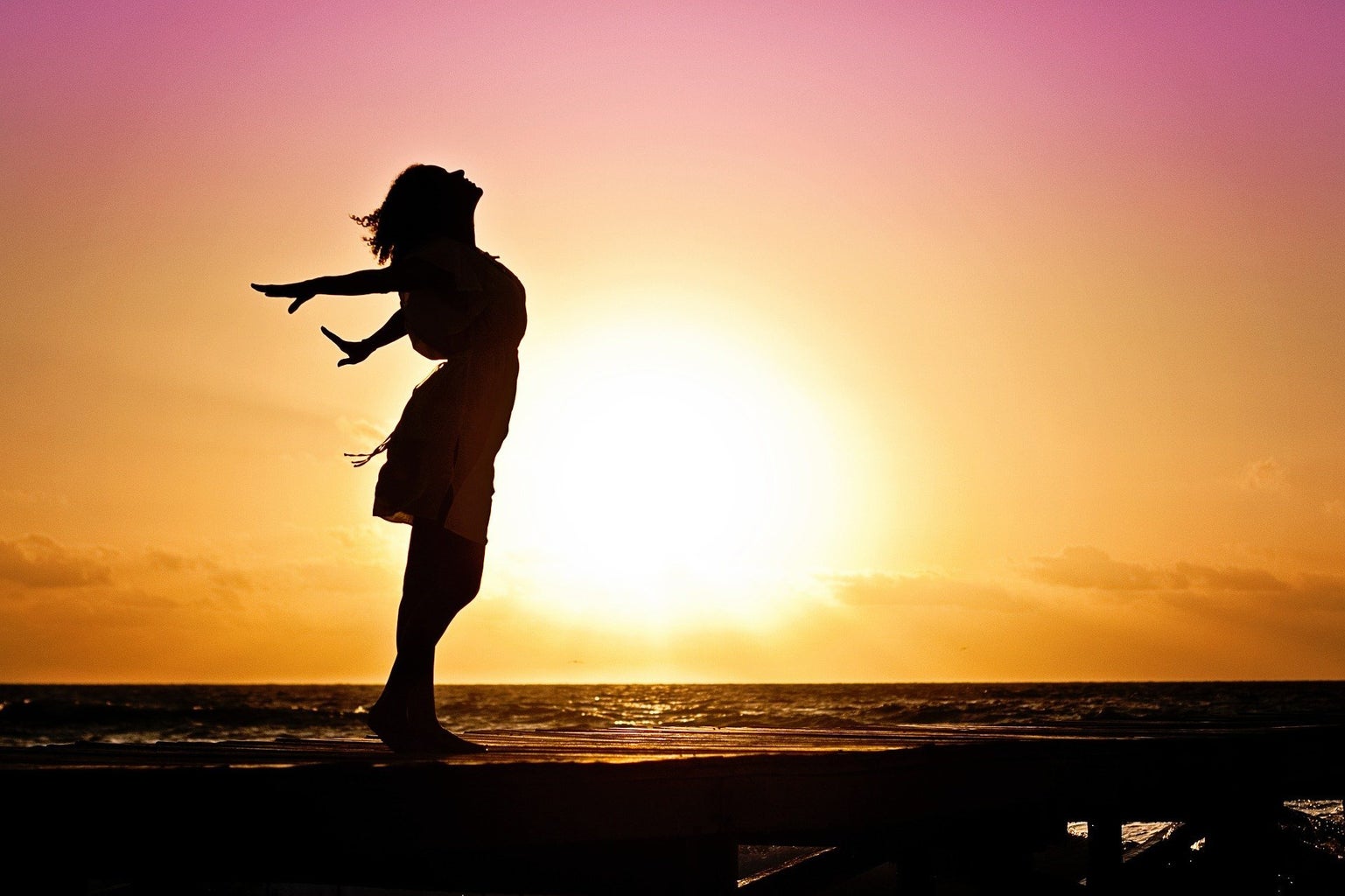We all know college can be stressful. Not only do we juggle homework, exams, and lab reports, but we have jobs, friendships, romantic relationships, families, the need for good food and good sleep, and free time to relax and enjoy our hobbies. A healthy amount of stress can motivate us to meet our deadlines and help us keep track of everything that matters to us. However, an unhealthy level of stress over a prolonged period of time can lead to anxiety.
I’ve been an overachiever for as long as I can remember. I took pride in my grades, I loved to learn, and I always enjoyed a challenge. I took difficult AP science and math classes, not only to prepare myself for the rigor of college-level courses, but because I found the topics interesting. While I did not know this at the time, I put too much of my self-worth on my academic achievements. While I absolutely deserved to feel proud of what I accomplished in high school, this correlation between my academics and my feeling about myself as a person would have a negative impact on my mental health in college and graduate school.
In undergrad, it was easy to get lost in a sea of assignments and exams, but I would make time to hang out with friends and relax. I would also work on homework and study with classmates, allowing me to work on academics and socialize at the same time. I believe it was around January 2020, shortly before the pandemic started, that I began feeling stressed about academics even when I logically understood that I didn’t have a lot to be stressed about. I also had a harder time getting started on assignments because I was afraid I was going to struggle through it and do poorly on the assignment. I didn’t think I could have anxiety, however, because I believe that my reasons for being anxious were justified, and that this was simply stress from college.
To say that I become more anxious during the pandemic is an understatement. I remember going on spring break, celebrating my 21st birthday, and preparing to go back to school a week later. Before spring break ended, I was told that I would not be returning to campus for the remainder of the semester, and that I needed to clear out my apartment and finish my junior year remotely. The end of my junior year was filled with uncertainty and confusion, but I was still able to complete my semester with good grades, and I made time to play online video games with friends.
The fall semester of 2020 was the most harrowing semester of my academic career. I was in my senior year, many of my classes were remote, my favorite study areas were off-limits, I was unable to meet with classmates to study, and I rarely saw my friends. Because of online classes and lack of socialization, my mental health gradually worsened, along with my grades. On top of that, I was dealing with the stress of graduate school applications. I remember being so paralyzed with fear of not getting into grad school that I procrastinated on sending emails to professors to ask for letters of recommendation. This procrastination added to my fear of being rejected from graduate school, and I was stuck in an endless cycle of fear and paralysis.
During my final semester of senior year, I tried to push away my fear and doubt and enjoy my last semester of college. I played DnD with friends on Saturdays, I enjoyed working with classmates on our senior design project, and I reminded myself to enjoy the work I was doing in my classes. Despite my best efforts, my mind was still a storm of fears and doubts, mixed with guilt for not enjoying my last semester to the fullest. My mental health took a turn for the better when I got accepted into CU’s graduate program. I felt like a weight had been lifted off my shoulders, and I was ecstatic that I would be attending grad school, though I felt somewhat disappointed in myself for how much my mental health and self-worth were tied to a tangible outcome such as a graduate school acceptance letter.
Going into graduate school, I knew that I needed to prioritize my mental health, otherwise I would burn out and be unable to get my master’s degree. I joined Her Campus and a fraternity to make friends, I got a great job as a tutor, and I set myself a nightly deadline for stopping work so I could relax an hour or two before bed. While I did think that prioritizing my mental health had a positive impact on my life and academics, it was still easy to get wrapped up in “what-if” questions. What if I fail an exam that’s worth 40% of my grade? What if I flunk out of grad school? What if I don’t get a good job? My internal monologue was loud and erratic, and I sometimes felt that my inner voice sounded more like a group of inner voices shouting over each other. It became difficult to relax, and I had a difficult time starting assignments because my anxiety levels were paralyzing and crippling. I knew I couldn’t continue to live like this, and I sought professional help.
I have been treating my anxiety with medication for about six weeks, and I feel so normal. I’m no longer on edge, and I can enjoy my life both in and out of academics. While engineering school is still stressful, I feel equipped to deal with the challenges given to me by my classes. I still am uncertain about what I’m going to do after I get my master’s, but I am embracing the unknown, and I am trusting that I will end up where I belong. My mind is quieter, and I find it easier to truly feel the sun on my face, my favorite flannel on my shoulders, and my favorite overpriced coffee on my tongue. Many people think medication takes away from our humanity and sense of self, but I feel more like myself than I have in a long time. While my life will not be completely stress-free, I truly believe that my best years are ahead of me.



